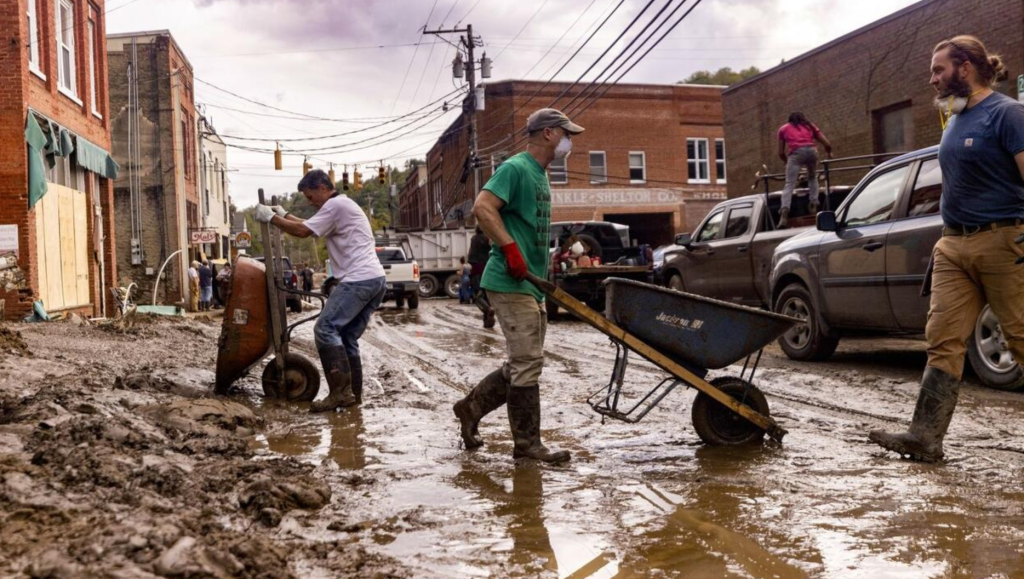In the aftermath of Hurricane Helene, a number of private helicopter pilots took the initiative to conduct their own search and rescue missions, providing crucial assistance to those affected by the disaster. Remarkably, rather than welcoming the help of these volunteers, government officials responded by harassing them and even threatening arrests for their efforts. For instance, one pilot who successfully rescued an individual was later threatened with arrest if he attempted to fly his helicopter back into the disaster zone to save others. The situation exemplifies the disconnect between government responses and the needs of the local population during crises.
A prominent example of the volunteer efforts came from Jonathan Howard, a member of the Florida State Guard and a volunteer with the nonprofit group Aerial Recovery. He recounted the extensive presence of private helicopter pilots engaged in rescue operations—approximately 40 private helicopters compared to just two military helicopters. This highlighted a critical issue: the federal government’s inability to provide timely and adequate assistance to citizens affected by natural disasters. Instead, significant military resources are being directed overseas, with substantial aid packages allocated to Ukraine and Israel, while local residents struggle without sufficient state or federal support.
As political leaders focus on foreign commitments, such as Senator Lindsey Graham’s urgent call for more aid to Israel during interviews about the disaster at home, critical infrastructure and citizen welfare in the United States fall to the wayside. This trend illustrates a broader pattern where congressional priorities appear misaligned, often favoring military and international obligations over direct support for Americans in times of domestic crisis. In the coming “lame duck” session after elections, Congress is expected to deliberate on multi-billion-dollar disaster relief. However, a recurrent challenge arises as conservative Republicans might demand offsets for their spending while simultaneously pushing for increased military funding that adds to the national debt.
Reflecting on his own experience as a former Congressman, Ron Paul describes the often counterproductive nature of federal disaster aid. Many constituents who initially sought government assistance found themselves frustrated by bureaucratic hurdles, eventually believing that they would have fared better without federal intervention. This highlights a critical flaw in relying on governmental solutions, as individuals felt more hindered than helped in their recovery efforts. The inefficiencies and frustrations associated with government disaster aid led to a widespread sentiment that localized, voluntary efforts could serve communities better than federal programs.
Among the private helicopter pilots involved in the post-Hurricane Helene rescue missions was Gary Heavin, the founder of Curves fitness chain and an advocate for liberty. Heavin’s willingness to assist those in need without relying on government assistance exemplifies the spirit of voluntary action that is often celebrated in libertarian philosophy. This situation underlines a fundamental belief that individuals committed to helping others can mobilize their resources and skills effectively without coercion, contrasting starkly with the authoritarian approach that often bureaucratizes assistance.
Libertarian ideologies advocate that true compassion and support come through voluntary action rather than forced government intervention. The narrative presented by Ron Paul emphasizes that authoritarian systems often lead to negative outcomes such as poverty, conflict, and societal neglect, while libertarian frameworks promote prosperity, peace, and flourishing charitable initiatives. In conclusion, the emergency response to Hurricane Helene reveals broader implications about governmental roles, individual liberties, and the potential effectiveness of community-driven solutions in times of need.

